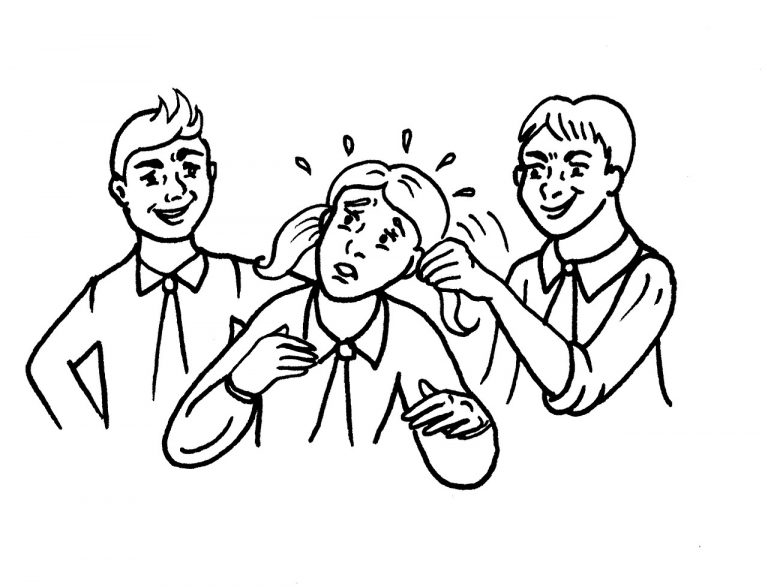
In a previous article, we mentioned several effects of bullying on all parties involved. That is to say, they ranged from physical effects, behavioral effects, to psychological effects.
While we are aware of these effects, we need to also know what can be done about bullying. Thus, our self-help tips to manage bullying experiences.
Because of the uniqueness of the African culture, managing the bullying experience may be different. Nonetheless, the below strategies has been proven to help
Discover amazing ways to live your best life.
Delivered to your email every Tuesday and Saturday
What Can A Victim Do?
Know the signs of a bullying experience
The African culture is embedded in respect. A victim may not know when they are being bullied. For example, bullying from supervisors or superiors at the workplace may not be considered bullying. It could be seen as disciplinary actions. Likewise, in the average boarding schools in Nigeria, ‘seniors’ are allowed to bully younger students. This was once considered normal because they were seniors. Firstly, learn more about bullying to be able to better identify a bully and a bullying experience.
Talk to someone they trust
Trust is a very important component when talking about a bully experience. Bullying experiences, either at school or at the workplace, have been shunned and considered weak in the African context. While the struggle to speak-up is becoming prevalent in schools, it is less talked about at the workplace. The level of trust bully-victims have in others will enable them to open up easily. As we know, it is easier to confide in someone or people we trust deeply. It could be a friend, your family, teacher, or even colleagues.
Ask the bully to stop
This, although may sound far-fetched, is not impossible. It may be hard to speak up to someone who scares you and humiliates you. It is very possible when confidence wheels you to do so. If you don’t want to do this, you don’t have to do so. But, do remember that it may have a positive effect.
Ignore it and walk away
A safer way of avoiding trouble and violence is to be far away from it. Don’t get me wrong, I am not advising you to be tolerant of bullying. This will probably go in two directions. One, when you keep ignoring the bully and moving away, they may get tired of trying to pull a reaction out of you and leave you alone. On the other hand, the bully may continue to pester you simply because they want a reaction. Likewise, they may feel humiliated, especially if you ignored them publicly. If it goes the other way, work with other strategies on this article.
Build Confidence and Resilience
Research shows that people are less likely to be bullied when they have a confident aura and are seemingly resilient. These two concepts are not interchangeable. You need to learn to proud of your own abilities, keep your shoulders high up. Moreover, these skills can be learned.
Report The Situation
Threats and bully occurrences should be reported immediately to people in charge. For example, teachers, principals, or the HR department. If you need the courage to do so, you can get the help of a peer. Above all, it is important to know that reporting is not the same as snitching! Learn the difference by watching this video.
Speak to a Professional (For example, Therapists, Counselors)
A professional can help you learn to deal with the consequences of bullying and cope better. This is because professional help will help the victim realize that none of the experience was their fault. It could also help them live a less troubled life. You can opt for individual or group sessions, online or physical.
These self-help tips are not cast in stone but proven to help school, workplace, and home bully experience in Nigeria.
Finally, have you had a bullying experience and will like to share your story, do send us a message
What skills did you apply to manage bullying experience?
Drop in the comment section to help others. Thank you.
Discover amazing ways to live your best life.
Delivered to your email every Tuesday and Saturday
